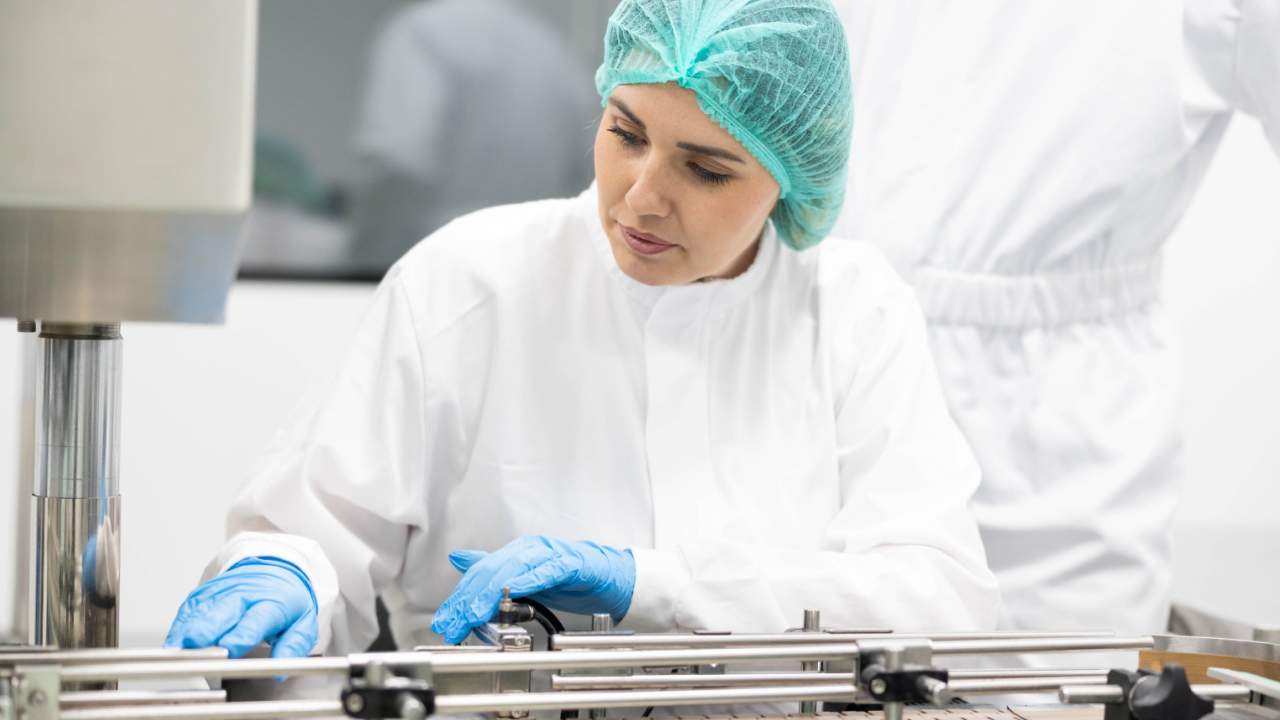After previously rejecting Gilead’s patent application for the hepatitis C drug, Sovaldi, the Indian Patent Office has reconsidered their decision by awarding a patent to the drugmaker. Doctors Without Borders, along with a number of other humanitarian groups, were opposed to the decision because it could affect patient access to the treatment.
As India has one of the largest generics manufacturing sectors, and supplies many of these drugs to the rest of the world, their patentability standards have become a source of conflict between patient groups and pharmaceutical developers. By patenting Sovaldi in the country, most generics manufacturers will be prohibited from making less-expensive alternatives.
Gilead’s Sovaldi and Harvoni are among a new class of direct-acting antiviral drugs for hepatitis C. Though it carries a high price tag in developed countries – $84,000 for a 12-week treatment course in the US – it represents a cure for the viral infection in over 90 percent of patients.
While Gilead offers the drug at a discounted price to low-income and developing countries, Doctors Without Borders claims the company is failing to close the gap for patients in middle-income countries. According to Tahir Amin, director of intellectual property at IMAK, one of the advocacy groups opposed to the ruling, the decision is “flawed, ignores the scientific facts, and fails to uphold the standards of Indian patent law to ensure only new inventions are patented.”
The Indian Patent Office rejected Gilead’s initial application for Sovaldi in January of 2015, saying that drug did not represent a significant improvement over earlier compounds. After filing an appeal, Gilead received the news that the Patent Office reversed their initial ruling, deciding that the active compound in Sovaldi – sofosbuvir – is a “novel, inventive and patentable.”
“This decision will now stop those Indian generic companies [that] were planning to enter the market independently from supplying not just patients in India, but also those in middle-income countries with large numbers of people living with hepatitis C, which Gilead currently forbids from receiving sofosbuvir produced under Gilead’s licensing deal,” said Leena Menghaney, South Asia regional head of Doctors Without Border’s Access Campaign. Gilead has licensed 11 generic manufacturers to make Solvaldi and distribute the drug to 101 developing countries.
“The recognition of intellectual property is central to investment in pharmaceutical research and development, and this decision underlines the scientific innovation involved in the development of this breakthrough treatment for chronic hepatitis C,” a Gilead spokesman told Stat News. “It is the company’s goal to enable access to these medicines for as many people as possible, as quickly as possible.”












Join or login to leave a comment
JOIN LOGIN